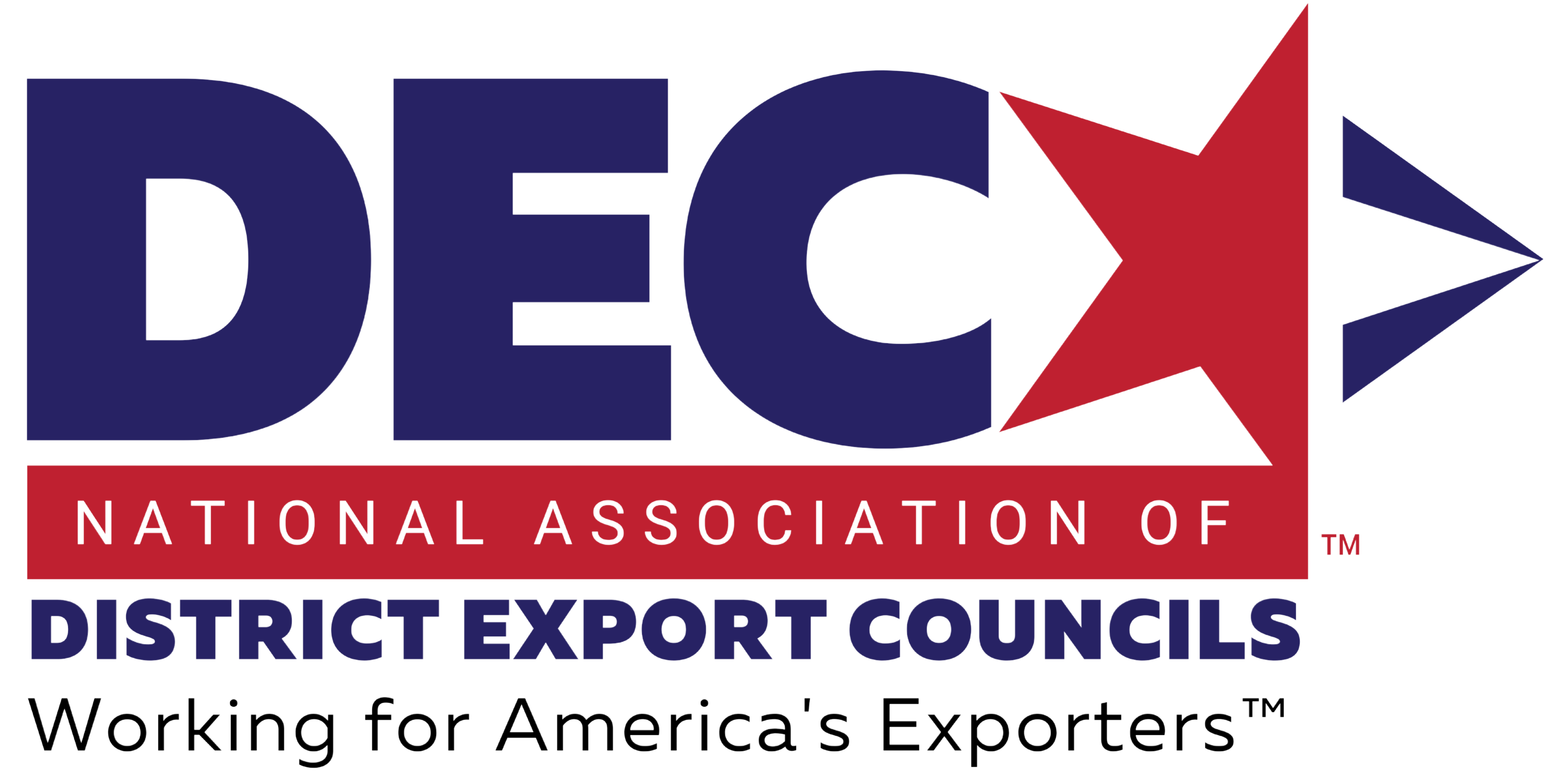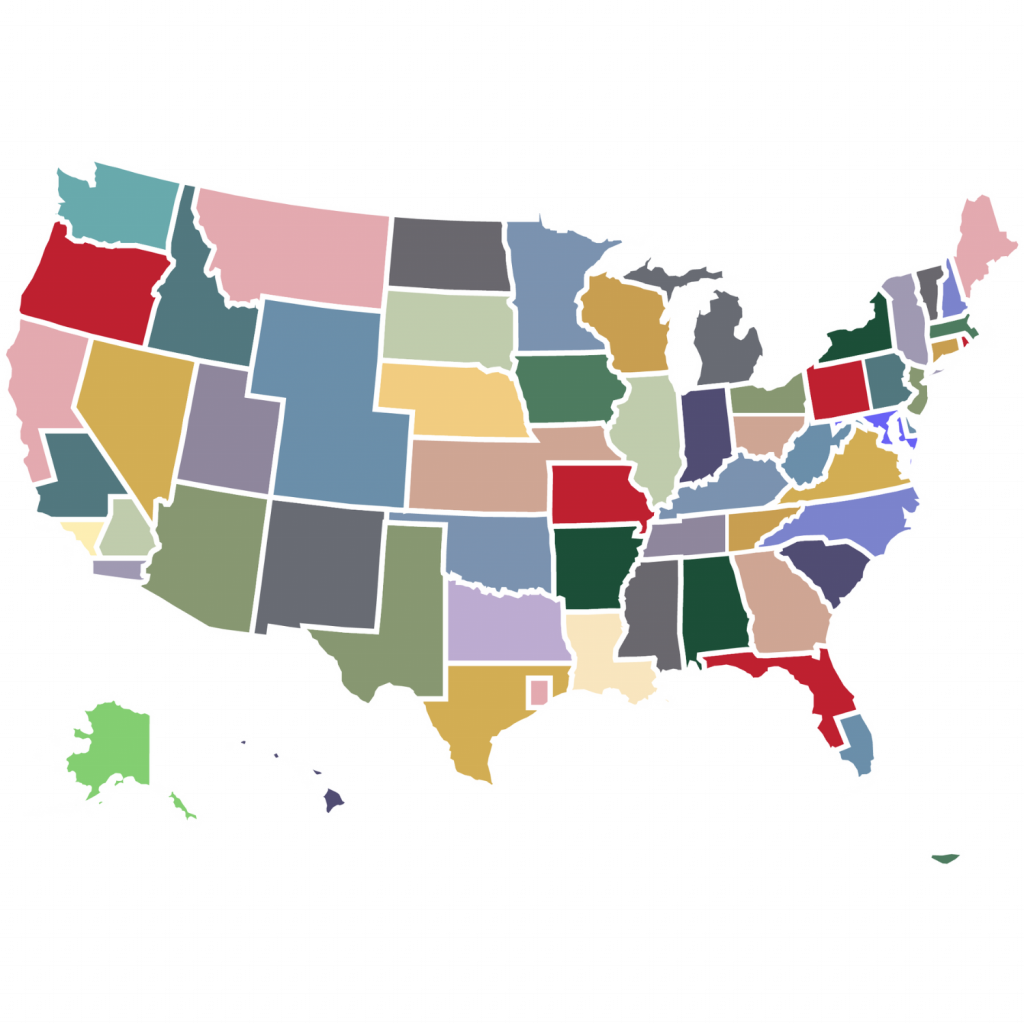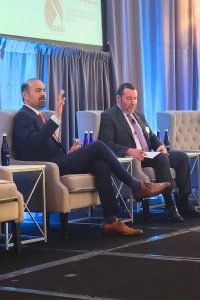By: Paul Ryan and Ted Cruz
Wall Street Journal
April 21, 2015

A container ship and cranes at the Port of Los Angeles. Photo: Getty Images/Glowimages
The United States is making headway on two historic trade agreements, one with 11 countries on the Pacific Rim and another with America’s friends in Europe. These two agreements alone would mean greater access to a billion customers for American manufacturers, farmers and ranchers.
But before the U.S. can complete the agreements, Congress needs to strengthen the country’s bargaining position by establishing trade-promotion authority, also known as TPA, which is an arrangement between Congress and the president for negotiating and considering trade agreements. In short, TPA is what U.S. negotiators need to win a fair deal for the American worker.
There is a lot at stake. One in five American jobs depends on trade, and that share is only going to grow. Ninety-six percent of the world’s customers are outside the U.S. To create more jobs here, America needs to sell more goods and services over there. When that happens, the American worker benefits. Manufacturing jobs tied to trade pay 16% more on average, according to a study released by the independent U.S. International Trade Commission.
Right now, though, the American worker isn’t competing on a level playing field against many overseas economies. The U.S. economy is one of the most open in the world—and for good reason. Thanks to lower duties on imports, the average American family saves $13,600 a year, according to a study by HSBC. But other countries put up trade barriers that drive up prices for U.S. goods and services and make it hard to sell them there.
The American worker can compete with anybody, if given a fair chance. If you add up all 20 countries that the U.S. has a trade agreement with, American manufacturers run a $50 billion trade surplus with them. The problem is that not all countries have a trade agreement with the U.S.; American manufacturers run a $500 billion trade deficit with those nations. That is why the U.S. needs effective trade agreements to lay down fair and strong rules that level the playing field. Without such rules, America’s trading partners will keep stacking the deck against job creators in this country.
But Congress can’t just take the administration’s word that it will drive a hard bargain. We have to hold it accountable, and that is what trade-promotion authority will help do.
Under TPA, Congress lays out three basic requirements for the administration. First, it must pursue nearly 150 specific negotiating objectives, like beefing up protections for U.S. intellectual property or eliminating kickbacks for government-owned firms. Second, the administration must consult regularly with Congress and meet high transparency standards.
And third, before anything becomes law, Congress gets the final say. The Constitution vests all legislative power in Congress. So TPA makes it clear that Congress—and only Congress—can change U.S. law. If the administration meets all the requirements, Congress will give the agreement an up-or-down vote. But if the administration fails, Congress can hit the brakes, cancel the vote and stop the agreement.
Trade-promotion authority will hold the administration accountable both to Congress and to the American people. Under TPA, any member of Congress will be able to read the negotiating text. Any member will be able to get a briefing from the U.S. trade representative’s office on the status of the negotiations—at any time. Any member will get to be a part of negotiating rounds. And most important, TPA will require the administration to post the full text of the agreement at least 60 days before completing the deal, so the American people can read it themselves.
The stakes are high, because if you’re not moving forward in trade negotiations, you’re falling behind. In the first 10 years of this century, the countries of East Asia negotiated 48 trade agreements. The U.S., on the other hand, negotiated just two in that region. As a result, America’s share of East Asia’s imports fell by 42%. Every top U.S. competitor did better—every one of them.
Meanwhile, China is negotiating agreements with anyone who will listen—from South Korea and Australia to Norway. And it isn’t free enterprise the Chinese are pushing. Instead, it is their own form of crony capitalism. They’re writing rules that favor government-owned firms and hamper American job creators. So it all comes down to this question: Is China going to write the rules of the global economy, or is the United States?
By establishing TPA, Congress will send a signal to the world. America’s trading partners will know that the U.S. is trustworthy and then put their best offers on the table. America’s rivals will know that the U.S. is serious and won’t abandon the field. And the American people will know this trade agreement is a good, fair deal—because they’ll have the information they need to decide for themselves. Promoting American trade will create more opportunity in the country, and so we strongly urge our colleagues in Congress to vote for trade-promotion authority.
Rep. Ryan, a Republican from Wisconsin, is chairman of the House Ways and Means Committee. Sen. Cruz, a Republican from Texas, heads the Senate Commerce Committee’s subcommittee on Space, Science and Competitiveness.































































